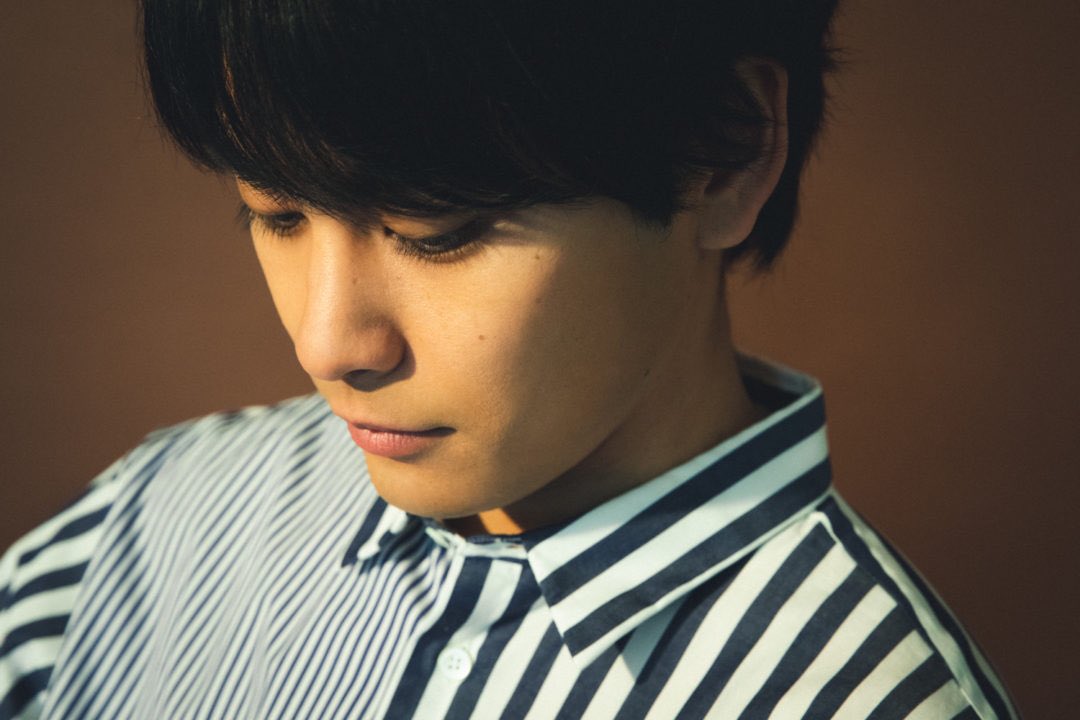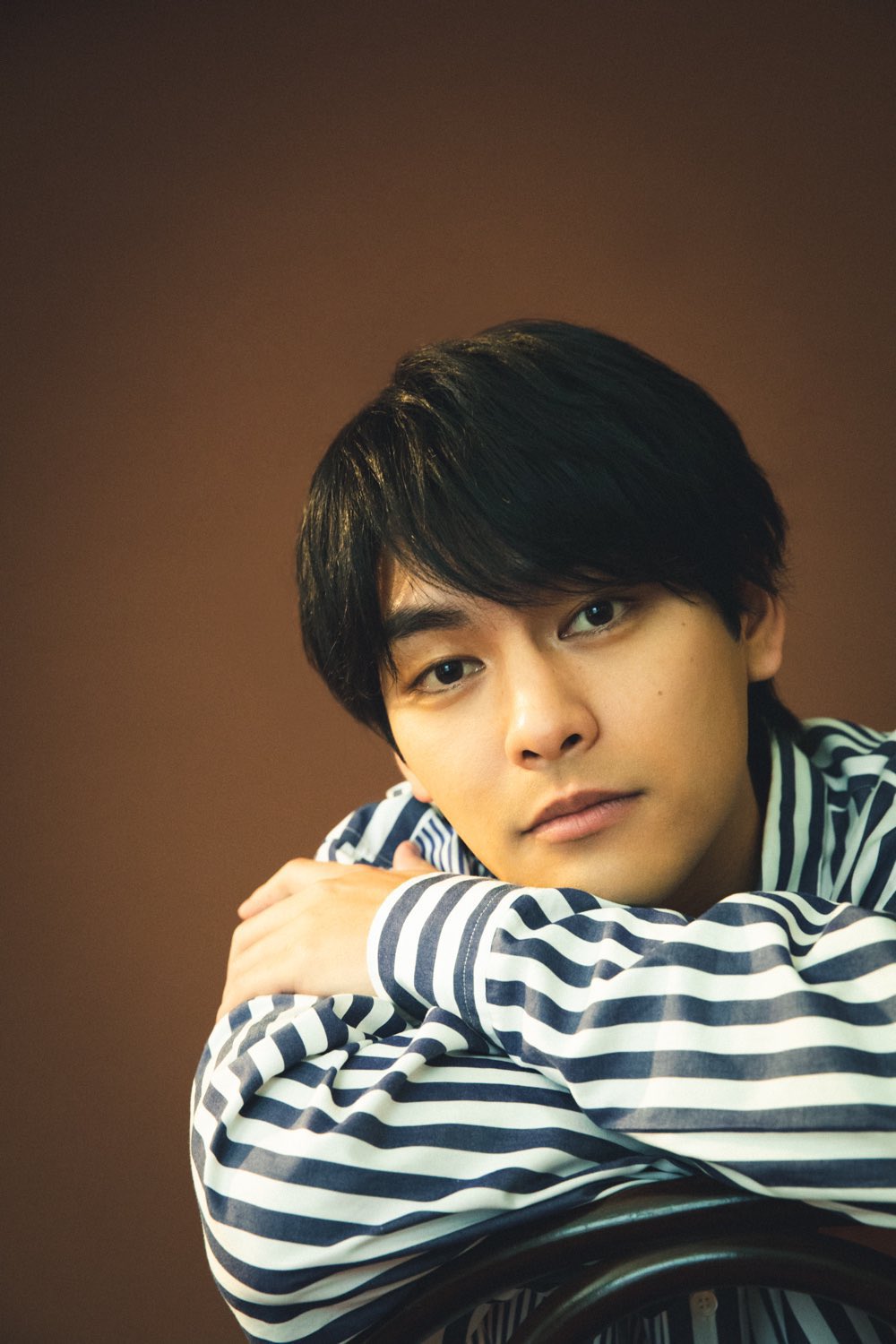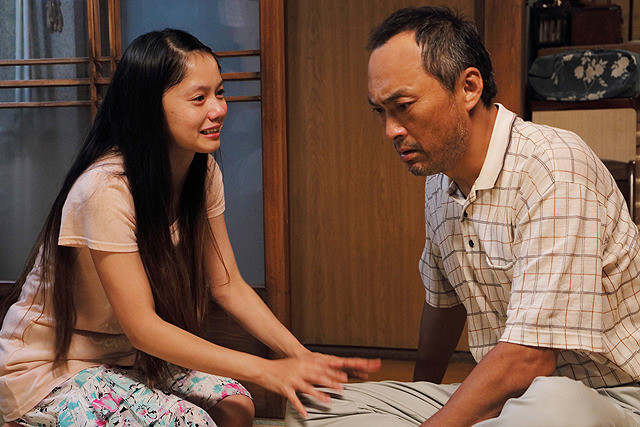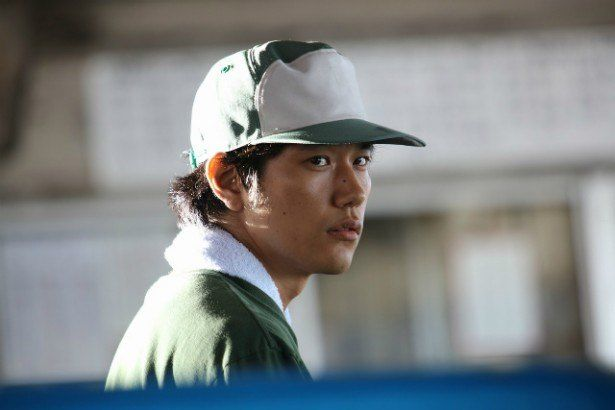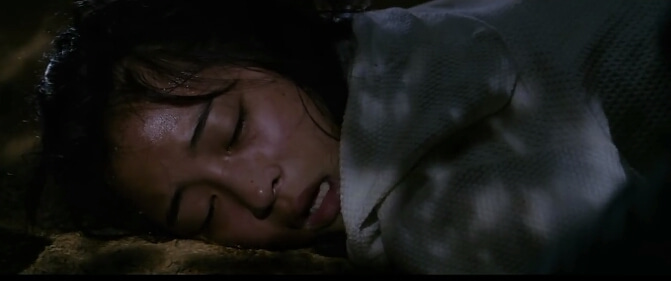- Cinemore Interview dated 26/09/2020
https://news.yahoo.co.jp/articles/6af0d905c1bb523eef0944f87abcd29693c77580?page=1
He directed Midnight Swan (2020). And worked on Naked Director (2019), Ryoma Takeuchi's Filming Break (2020)
Q: "Not only experimental but also commercial". Success of such movies at box office is accelerating such a trend.
A: Between major blockbusters and low-budget movies, it's said that mid-budget works with around 70 million yen are least profitable. So, they are avoided. But I think, at current situation, mid-budget is the only place to make works that are both commercial and experimental. I have experienced lowest production cost of 5 million for "Lowlife Love (2016)" and probably highest amount in Japan for "Naked Director (2019)" but the works in the zone I just talked about are the most avoided. However, I want to do that. Also, I want good actors to appear in those. I want to shoot challenging subjects with the best performance. I also want to restore the relationship between actors and directors.
-------------------------------
Q: What do you mean?
A: Right now, it's terrible, there is no relationship of trust between the director and the actor, and there are also things like the director and actor met for the first time at the scene. In "Midnight Swan", Kusanagi read the script and said "interesting" and everything started to move, so at that point a relationship of trust with the actors was created. In fact, it was created just by a careful discussion between two people. I always feel that the movie industry will change even more if we take a little more creative time, build relationships with the actors, and discuss the roles, just by doing this kind of obvious things.
-------------------------------
Q: I've heard that all the actors are so busy that the director has to talk about the role during costume trials. And Yamada Takayuki also mentioned the current situation on the actor side that they don't have enough time to make roles.
A: The actors themselves want to prepare properly and perform properly, so it's awkward. After all, the actors are looking for a place where they can play properly. If it's a stage, they have time for rehearsals, but if they want to rehearse for a week with a movie, they can't get permission from the office. They are not volunteers, right? However, if you get the time properly, the result will be a good acting and a good work. I think that is more successful both in terms of the actor office and the production. This problem is in the minds of all filmmakers, but it's a situation where you have to close your eyes because there is nothing you can do about it. However, that doesn't mean that I'm silent. I would like to continue to appeal to this part.
-------------------------------
Movies in discussion as examples of mid-budget tiers:
- Day and Night (2019) Dir. Fujii Michihito, Prod: actor Yamada Takayuki
- The Journalist (2019) Dir. Fujii Michihito
- Just Only Love (2019) Dir. Imaizumi Rikiya
- Soiree (2020) Dir. Satoyama Bunji, Prod: actor Toyohara Kosuke
-------------------------------
A: There is still a tendency in Japan that there is no need for movie directors to think about anything other than directing. That's the story so far but I think that the times have changed and the director should think about various things such as promotions from now on.
-------------------------------
Q: You've been very active in PR activities as a "promotional captain".
A: The other day, I was laughed a little at for saying "I will do my best" (T/N: that's the usual line of actors). It's been decades, and it's disappointing that we put more money to have about 20 celebrities and make a live-action version of a best-selling novel, but lately, I doubt if that direction will continue. People think "It is meaningful to make it because it is indie. It's not to earn money". We have to break away from the idea. I think Midnight Swan had a good go-ahead in terms of content with a star "Kusanagi Tsuyoshi". I want to set it a precedent for the works that follow. Actors, comedians, writers, and people in the middle of the performing arts are also supporting us and not only this work. The trend of famous actors appearing in interesting indie works is finally being popular in Japan. I'm glad that the number of actors who challenge new things s increasing. So the directors must also work hard.
-------------------------------
A: Overseas, it is normal for successful actors to produce and train young actors. Also, I think it is also a big trend that the number of SME such as Star Sands [Wilderness (2017), The Journalist (2019)] that makes decisions quickly is increasing. For major studios, it may take up to two years for the "GO" sign to be approved. During that time, you may be defeated or dropped off. Compared to other countries, we are still behind in art and culture. That is why I have to raise my voice more and I want many people to know.
-------------------------------
A: I think that young people are watching a lot through Netflix, though they don't know the performers or the director. But for the time being, it isn't catching up for movies. For example, I don't think locals in US watch art movies more than in Japan, but A24 [T/N: Moonlight (2015), Midsommar (2019)] has been successful in making them. So, I think there is absolutely something to do.
-------------------------------
Q: As you said, you want to do something about it.
A: This is not a direct solution, but in recent years there has been a pattern of establishing the deal with a distribution contract as a package contract at the time of publication. Revenue that could not be collected unless the cinema is full is no longer the case. For young directors, I think it's a big opportunity to have new opportunities. Well, even if it hits, we won't get any money (lol).
-------------------------------
Q: Uh ... is that so?
A: This is surprisingly unknown, isn't it? The royalties of Japanese film directors are 1.75% at the minimum rate. Moreover, the royalties from box office are zero and only occur from secondary (DVD, distribution). How many people know this information? I myself started participating in overseas film festivals and learned the difference from overseas for the first time. I think that the number of directors who can earn will increase just by raising this a little more and making it the same as the worldwide standard.
-------------------------------
Q: I was shocked to hear that many domestic film directors are doing part-time jobs, but that's the reason.
A: We film directors have been told, "Poverty is the norm in movies, don't think about money, just direct." But we think that's okay and think about how to survive. I myself was ignorant of money, so recently I have had the opportunity to talk to entrepreneurs, who all say, "The movie industry is interesting." This industry hasn't changed all the time. It has been left behind by other industries. As a result, only some people make money and creators are forced to live in poverty. Young directors appear one after another, but most disappear in a couple of years. Major studios produced in a way that some big-name directors carry around. The subsidy is also small. In such an environment, it's hard to say, "Let's make a good movie, though it's not profitable." In France, there is more national back-up, so you can make culturally meaningful works as well as commercial. I hear that South Korea is even much more generous than Japan. I think that the significance of Japanese films in the world had not been as much as it was at one time, and the position of the director in Japanese film industry has fallen. We have to reset it once.


